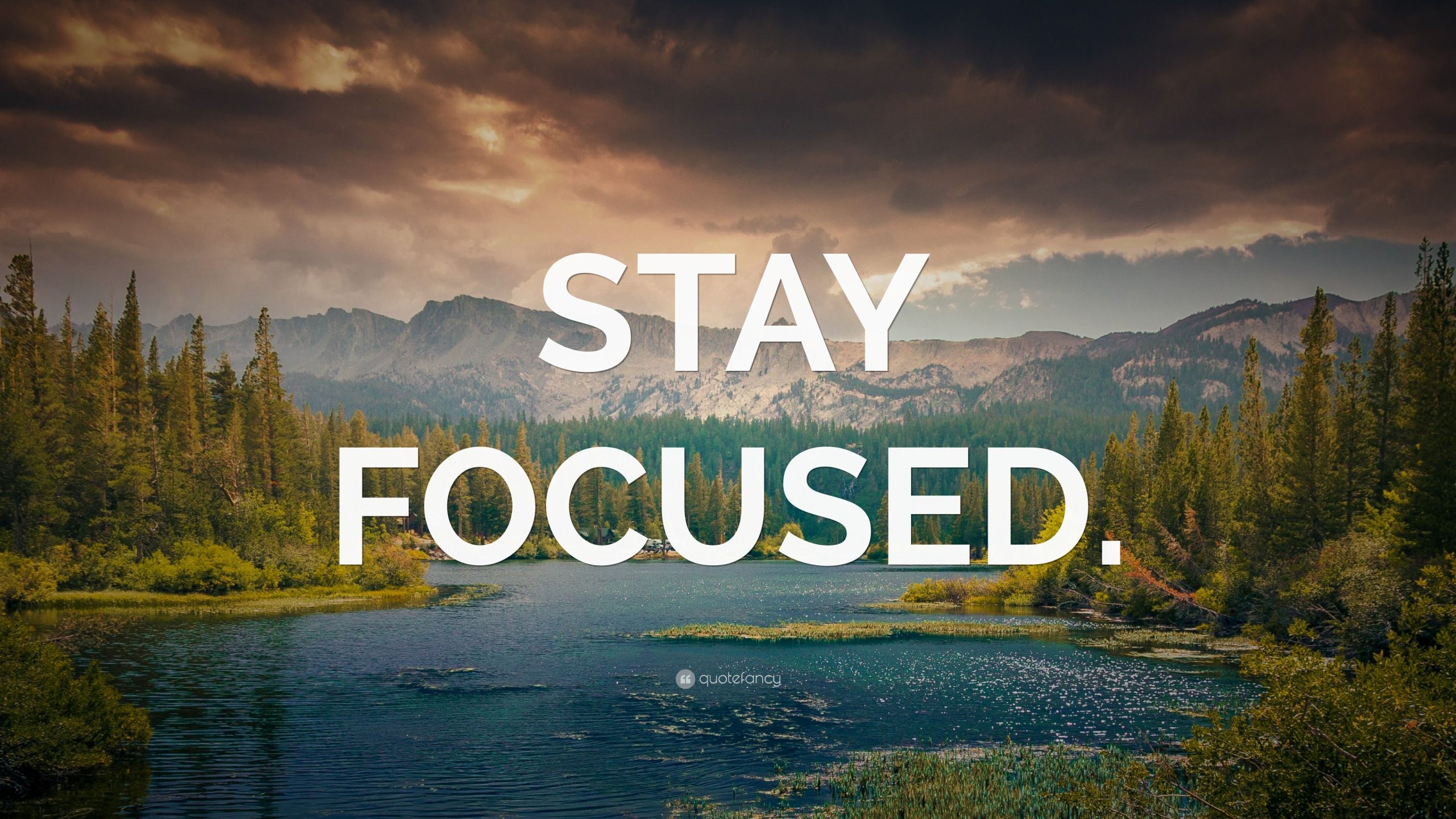
France, a country synonymous with romance, history, and culinary excellence, offers a diverse tapestry of experiences waiting to be unraveled. From the glittering Eiffel Tower to the sun-drenched beaches of the Côte d’Azur, deciding where to stay in France can feel like choosing a single star in a vast, twinkling galaxy. This comprehensive guide will help you navigate the country’s captivating regions, highlighting top attractions, delving into its rich history, offering practical travel tips, exploring diverse accommodation options, detailing transportation methods, and advising on the best time to visit, ensuring your French adventure is unforgettable.
A Whirlwind Tour of France: Top Attractions by Region
France boasts a remarkable array of attractions, each region offering a unique flavor and appeal.

Related Articles about From Fairytale Castles to Coastal Charms: Your Ultimate Guide to Where to Stay in France:
- Krabi: A Symphony of Emerald Islands, Limestone Cliffs, and Turquoise Seas
- Sri Lanka: Paradise Found – A Guide to the Best Hotels and Unforgettable Experiences
- Island Paradise Beckons: Your Ultimate Guide to Traveling the Philippines
- Ukraine: A Journey Through History, Culture, and Breathtaking Beauty
- Surabaya: Unlocking East Java’s Charms with Cheap Flights
-
Paris & Île-de-France: The capital region needs no introduction. The Eiffel Tower, Louvre Museum (home to the Mona Lisa), Notre Dame Cathedral (currently under renovation), Arc de Triomphe, and the charming Montmartre district are just a few of the iconic landmarks. Beyond Paris, explore the opulent Palace of Versailles and the enchanting Disneyland Paris.
-
French Riviera (Côte d’Azur): This glamorous coastline is a playground for the rich and famous. Nice offers a vibrant blend of culture and beach life, while Cannes is renowned for its film festival. Monaco, a sovereign city-state, exudes luxury, and Saint-Tropez retains its legendary charm. Explore the picturesque hilltop villages like Èze and Saint-Paul-de-Vence for breathtaking views.
-
Loire Valley: Known as the "Garden of France," the Loire Valley is dotted with majestic châteaux, remnants of French royalty and nobility. Château de Chambord, Château de Chenonceau, and Château de Villandry are must-sees, showcasing stunning architecture and manicured gardens. The region is also renowned for its excellent wines.

-
Provence: Immerse yourself in the fragrant landscapes of lavender fields, olive groves, and vineyards. Explore the historic city of Avignon, home to the Palais des Papes (Palace of the Popes), and wander through the charming towns of Aix-en-Provence, Arles (famous for its Roman amphitheater), and Gordes.
-
Normandy: This region is steeped in history, particularly World War II. Visit the D-Day landing beaches (Omaha, Utah, Gold, Juno, and Sword) and the poignant American Cemetery. Explore the medieval city of Rouen, where Joan of Arc was burned at the stake, and marvel at the iconic Mont Saint-Michel, a tidal island monastery.
-
Brittany: With its rugged coastline, Celtic heritage, and charming fishing villages, Brittany offers a unique cultural experience. Explore the walled city of Saint-Malo, discover the prehistoric standing stones of Carnac, and indulge in fresh seafood.
-
Alsace: Located on the border with Germany, Alsace blends French and German influences. Explore the picturesque towns of Colmar, with its canals and half-timbered houses, and Strasbourg, home to a magnificent cathedral. The region is also famous for its Riesling wines.
-
Bordeaux: Wine lovers will rejoice in Bordeaux, the heart of France’s wine country. Take a tour of the prestigious vineyards, learn about the winemaking process, and sample some of the world’s finest wines. Explore the elegant city of Bordeaux, with its neoclassical architecture and vibrant cultural scene.
-
French Alps: In winter, the French Alps transform into a skiers’ paradise. Chamonix-Mont-Blanc, Courchevel, and Val d’Isère are some of the most popular ski resorts. In summer, the Alps offer breathtaking hiking trails and stunning mountain scenery.
A Glimpse into History: Shaping the French Identity
France’s history is rich, complex, and deeply intertwined with its cultural identity. From the Roman conquest of Gaul to the French Revolution and beyond, France has played a pivotal role in shaping European history.
-
Roman Influence: The Romans conquered Gaul (modern-day France) in the 1st century BC, leaving behind lasting legacies in architecture, infrastructure, and language. Cities like Lyon and Arles still boast impressive Roman ruins.
-
The Middle Ages: The Frankish kingdom emerged after the fall of the Roman Empire, eventually giving rise to the Carolingian dynasty under Charlemagne. The medieval period saw the construction of magnificent cathedrals and the rise of feudalism.
-
The Renaissance: The Renaissance brought a renewed interest in art, literature, and science to France. The Loire Valley became a center of royal patronage, resulting in the construction of magnificent châteaux.
-
The French Revolution: The French Revolution (1789-1799) marked a turning point in French history, overthrowing the monarchy and establishing a republic. The ideals of liberty, equality, and fraternity spread throughout Europe.
-
The Napoleonic Era: Napoleon Bonaparte rose to power in the aftermath of the French Revolution, establishing a vast empire that stretched across Europe. His legacy continues to shape French law and administration.
-
World War I and World War II: France played a significant role in both World Wars. The battlefields of the Western Front and the D-Day landing beaches serve as poignant reminders of these conflicts.
Practical Travel Tips: Navigating France with Ease
- Learn Basic French: While English is spoken in tourist areas, learning basic French phrases will enhance your experience and show respect for the local culture.
- Currency: The currency is the Euro (€).
- Tipping: Tipping is not mandatory but is appreciated for good service.
- Public Transportation: France has an excellent public transportation system, including trains, buses, and metros.
- Driving: Driving in France can be challenging, especially in cities. Consider renting a car for exploring rural areas.
- Safety: France is generally a safe country, but be aware of petty theft, especially in tourist areas.
- Dining Etiquette: French dining etiquette is formal. Wait to be seated, don’t start eating until everyone has been served, and use utensils properly.
- National Holidays: Be aware of national holidays, as many businesses and attractions may be closed.
Accommodation Options: Finding Your Perfect French Retreat
France offers a wide range of accommodation options to suit every budget and preference.
- Hotels: From luxurious five-star hotels to budget-friendly options, France has a hotel for every traveler.
- Boutique Hotels: These smaller, stylish hotels offer a more personalized experience.
- Bed & Breakfasts (Chambres d’Hôtes): Enjoy a charming and authentic experience by staying in a local’s home.
- Gîtes: Self-catering cottages or apartments, ideal for families or those seeking more independence.
- Camping: France has numerous campsites, ranging from basic to luxurious, offering a budget-friendly option for nature lovers.
- Hostels: A popular choice for budget travelers, hostels offer dormitory-style accommodation and social spaces.
- Châteaux Stays: For a truly unique experience, consider staying in a renovated château.
- Airbnb: A popular option for finding apartments and houses for rent.
Transportation: Getting Around France
France has a well-developed transportation network, making it easy to explore the country.
- Trains: The TGV (Train à Grande Vitesse) high-speed train network connects major cities across France. Regional trains are also available for smaller towns and villages.
- Buses: Buses are a more affordable option for traveling between cities and towns.
- Air Travel: Domestic flights are available for long-distance travel.
- Car Rental: Renting a car provides flexibility for exploring rural areas and allows you to travel at your own pace.
- Metro & Buses (in cities): Major cities like Paris have extensive metro and bus networks.
- Bicycles: Many cities offer bicycle rentals, making it a great way to explore the local area.
Best Time to Visit: Planning Your French Escape
The best time to visit France depends on your interests and the region you plan to explore.
- Spring (April-May): A beautiful time to visit, with pleasant weather and blooming flowers. Ideal for exploring the Loire Valley and Provence.
- Summer (June-August): The warmest and busiest time of year, perfect for beach holidays on the French Riviera and exploring the Alps.
- Autumn (September-October): Enjoy milder weather, fewer crowds, and stunning fall foliage. A great time for wine tasting in Bordeaux and exploring the countryside.
- Winter (November-March): Ideal for skiing in the French Alps and experiencing the festive atmosphere of Christmas markets in Alsace. Paris is also magical during the winter months.
Specific Recommendations Based on Interests:
- History Buffs: Normandy (D-Day beaches), Paris (historical landmarks), Avignon (Palace of the Popes), Loire Valley (châteaux).
- Foodies: Lyon (gastronomic capital), Bordeaux (wine region), Paris (diverse culinary scene), Alsace (regional specialties).
- Art Lovers: Paris (Louvre Museum, Musée d’Orsay), Aix-en-Provence (Cézanne’s studio), Arles (Van Gogh’s inspiration).
- Nature Enthusiasts: French Alps (hiking, skiing), Provence (lavender fields), Brittany (rugged coastline), Loire Valley (gardens).
- Luxury Travelers: French Riviera (luxury hotels, high-end shopping), Paris (designer boutiques, Michelin-starred restaurants).
- Budget Travelers: Camping in the countryside, staying in hostels, exploring smaller towns and villages.
France offers an unparalleled travel experience, catering to diverse interests and budgets. By carefully considering your priorities and utilizing this comprehensive guide, you can create a French adventure that is truly unforgettable, filled with breathtaking landscapes, captivating history, and the irresistible charm of French culture. Bon voyage!





